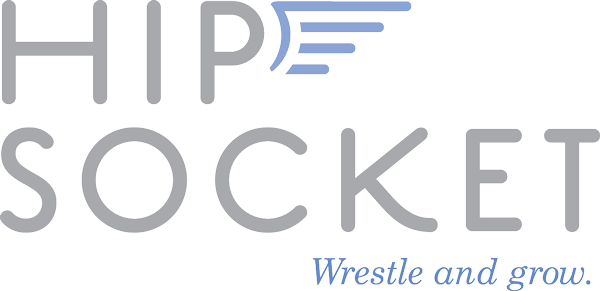Ryan Holiday, author of best-sellers about stoicism, has a researcher who I have discovered on Twitter: Billy Oppenheimer. He shares amazing stories of famous breakthroughs in art and business, with suggested (usually research-based) takeaways for each.

The connection between two of these stories and takeaways caught me. (I’ve included the tweets below.)
Folk artist Maggie Rogers had a viral breakthrough when Pharrell heard her song “Alaska.” But … of course Rogers had been at it for years, incorporating her research on music and her experiences with other genres: “My many, many years of focus and hard work got kind of packaged into a Cinderella story.”
Corporate architect Tinker Hatfield won a shoe design contest that “saved Nike” when he created the Air Max 1–it’s the one that showed the inside of the shoe. But … of course Hatfield was an architect and brought an entire career of study to the design: A Paris building he had studied inspired the shoe.

Oppenheimer makes a great point that, as Holiday says, “Success is a lagging indicator.” So what are the lead measures? Hard work, yes. But also wise work. Work on unrelated things.
There is evidence that working on unrelated tasks can help you have a “Eureka moment.”
And the same has been true for working on unrelated disciplines. The design firm IDEO (covered here before) is a classic example of that.
IDEO assembles teams of specialists. Taking it a step further, the Founding Fathers specialized in everything. They weren’t just lawyers. They were farmers … scientists … churchmen … and they brought all that to bear on the founding of the United States. They were well-read generalists who wove together their various strands into the tapestry we enjoy today.
Speaking of, Mike Marshall and I recorded a podcast episode for Independence Day about the John Adams letter describing how he thinks we will celebrate. The topic had nothing to do with another project I’m working on–but it gave me some great ideas for making it happen.
So perhaps, like Rogers and Hatfield, you and I would be wise to incorporate unrelated tasks, unrelated studies–even entirely unrelated disciplines–to find our breakthroughs.
What are you putting into your system?
